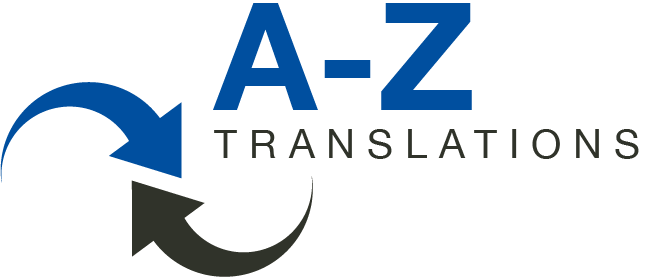I don’t know sign language (except for «Thank you»), but even I could tell whatever he did was not correct. As one woman on TV stated, he did not even use the sign for «Mandela», which should have come up several times, and which even non-signers know.
His statement that he suffered from a schizophrenic attack may or may not be true, but it probably isn’t, at least according to some comments made by specialists. And yes, quite a few people must have done quite a few things wrong, whether
this was due to certain procedures, or oversight, or laziness, or
whatever. But the one thing that stuck out for me was that apparently Mr. Thamsanqa Jantjie (who seems to be a legitimate sign language interpreter, but had already had complaints lodged against him in the past) was hired by an agency – which has now disappeared!
Isn’t this just another prime example of why it is so utterly important to really make sure you are hiring reliable, trustworthy interpreters, whether directly or through an agency, who will deliver high quality? Regardless of how short on time – or money, for that matter – you are, alway, always check who you are hiring to help you communicate!
There are plenty of ways to do this: first and foremost the various associations (such as the BDÜ, ITI, ATA etc.). They usually have certain criteria for membership, ensuring at least a minimum of qualification, and listings of all their members detailing language combinations and specializations.
You can also ask either others who you know have hired interpreters or translators before, and get references (and check them, too!) from any potential suppliers.
